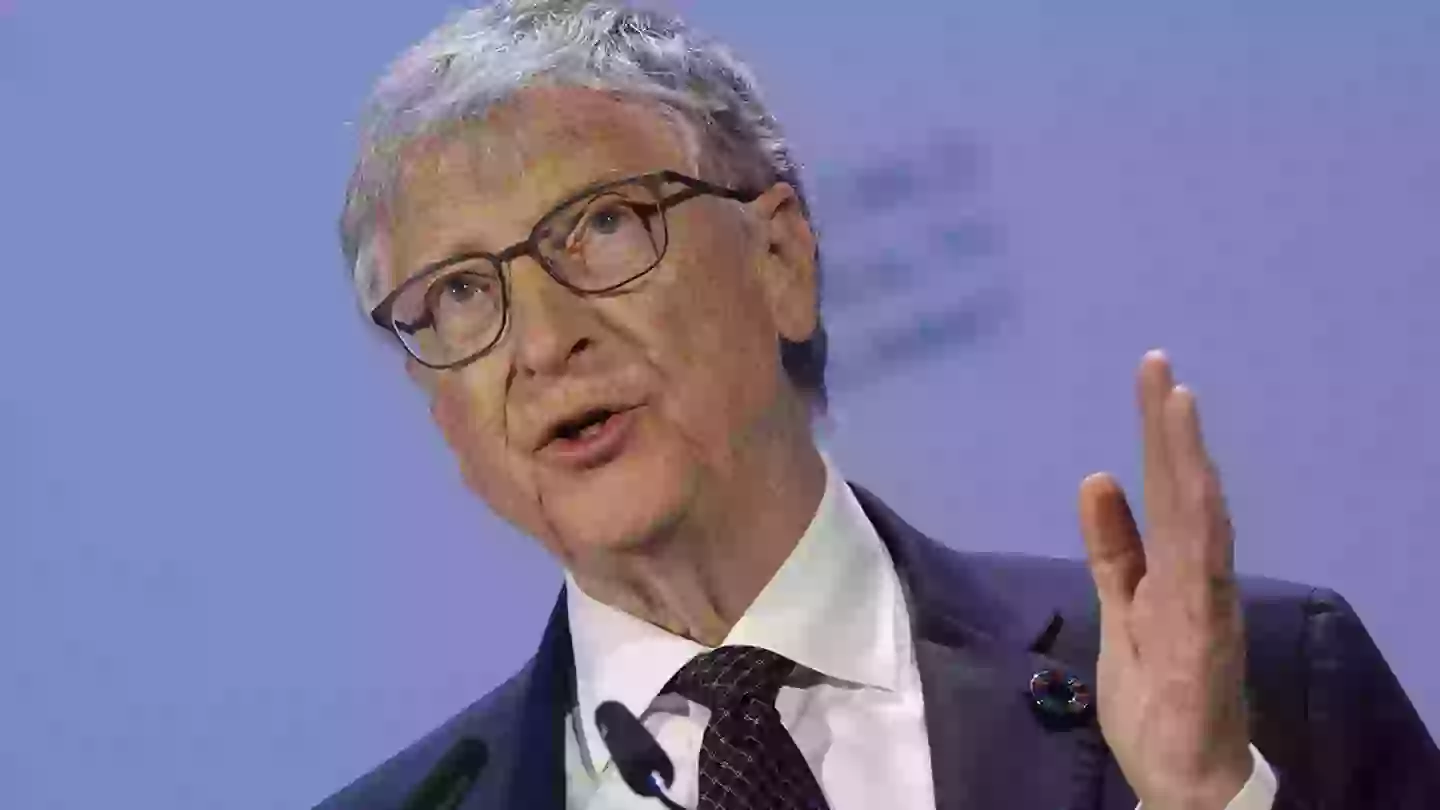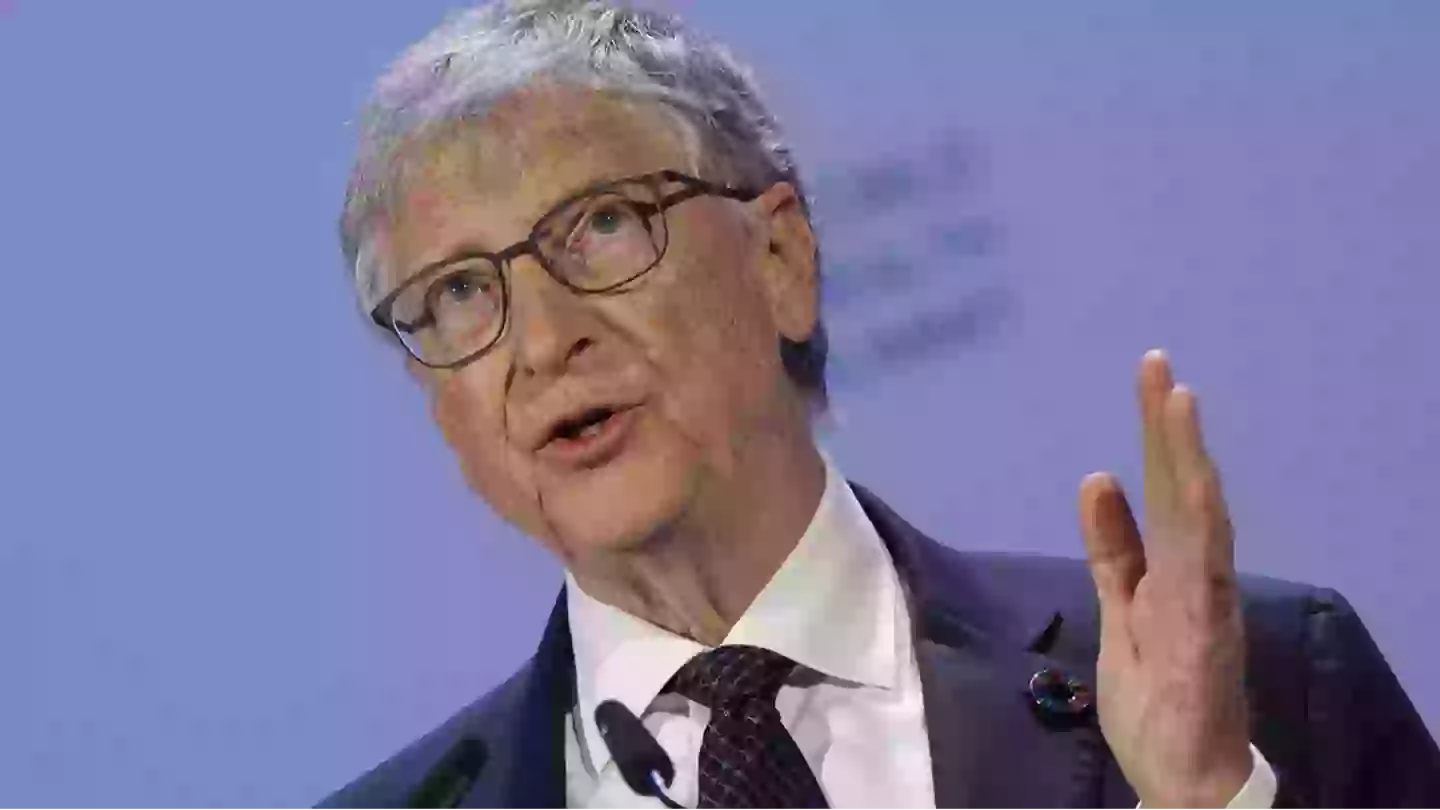Artificial intelligence continues to permeate our professional environments, and this trend has many people concerned about which occupations might be at risk of being automated.
Bill Gates, co-founder of Microsoft, has previously shared his perspective on the types of jobs that could potentially face automation. He also discussed roles that are currently too intricate for AI to completely take over, specifically highlighting those within the coding and biology fields.
Recently, Gates mentioned that the persistent shortage of doctors and teachers might soon be alleviated with the assistance of AI. For years, Gates has concentrated on public health, noting that nations such as India and those across Africa are experiencing difficulties in recruiting and retaining sufficient medical professionals.

The United States healthcare system also encounters a similar challenge. A report from the Association of American Medical Colleges last year indicated that the U.S. might face a shortage of up to 86,000 specialists and primary care doctors by 2036.
The introduction of AI into this field could alleviate some of the strain, with healthcare-focused AI start-ups already securing significant investments by offering this potential solution. Companies like Suki, Zephyr AI, and Tennr provide automation for various tasks such as billing and note-taking, aim to enhance diagnostic precision, and pinpoint patients for innovative treatments. Furthermore, a McKinsey report estimates that generative AI could enhance productivity in healthcare and pharmaceuticals by as much as $370 billion.
The education sector could similarly gain advantages from AI integration.

In 2023, U.S. federal data revealed that 86% of K-12 public schools experienced challenges in hiring teachers for the 2023-2024 academic year, and 45% reported being understaffed.
In the UK, a London high school has already adopted AI tools in the classroom. At David Game College, students utilize ChatGPT to assist in studying core subjects such as English, math, biology, and computer science, as well as to prepare for forthcoming exams.
While there are concerns among some educators about students misusing AI for cheating, there is optimism about AI’s capability to conserve time and facilitate learning, as conveyed to Business Insider.
Gates also reassured the public not to fear a future with AI, as it may lead to reduced work hours and increased personal time. “You can retire early, you can work shorter workweeks,” he said. “It’s going to require almost a philosophical rethink about, ‘OK, how should time be spent?'”

